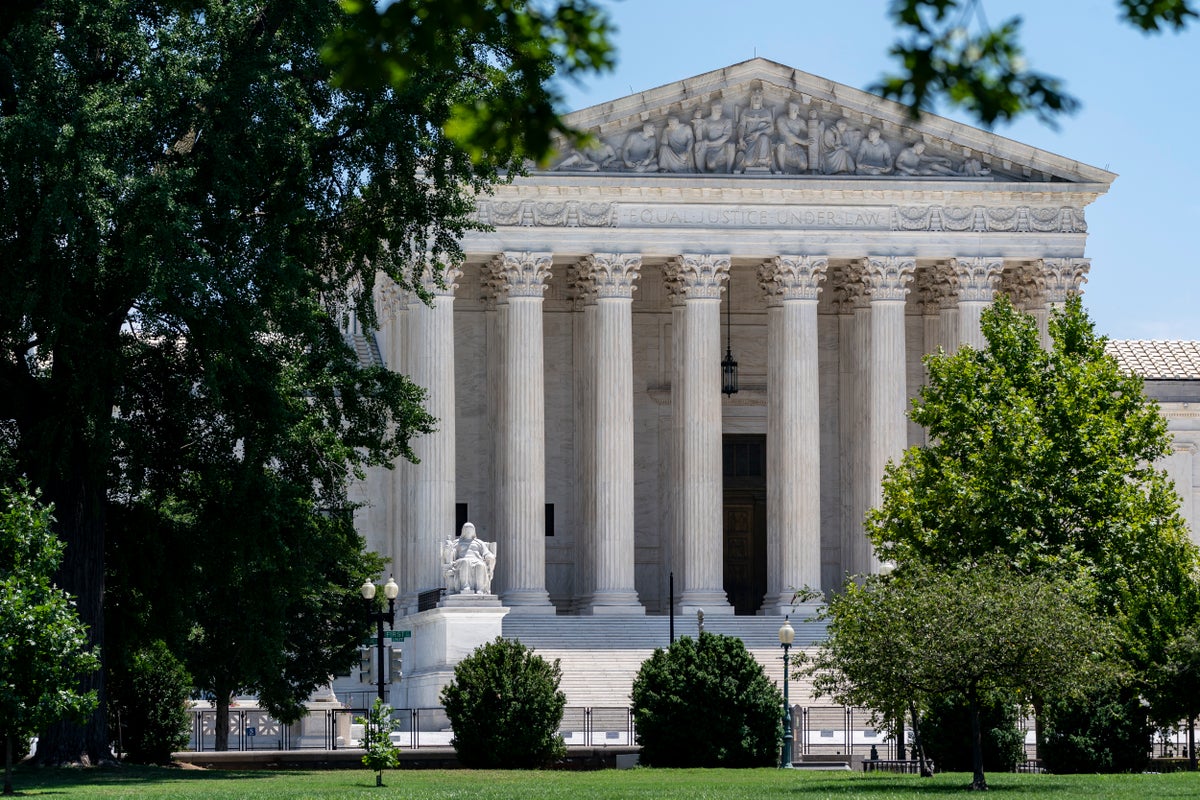
The US Supreme Court will hear arguments this term in two significant legal challenges that could change how the government and social media companies regulate the content that appears on their platforms, which could determine the fates of Americans’ internet speech.
The cases mark the biggest tests yet for the future of Section 230 of the 1996 Communications Decency Act, which shields social media companies from being sued over third-party content othat appears on their platforms.
In the case of Gonzalez v Google, involving terrorist videos, the court will consider whether reccomendation algorithms are also protected.
Another case, Twitter v Taamneh, will decide whether social media companies can be sued for allegedly aiding and abetting an act of terrorism, if platforms allow users to post content that encourages or supports acts of violence.
Former president Donald Trump, Republican officials and right-wing personalities have repeatedly argued that that the broad protections under Section 230 have allowed tech companies to “censor” right-wing content.
Conservative Justice Clarence Thomas has previously suggested that the court determine whether Section 230 provides broad liability protections, as the court considered a case last year involving allegations that the former president violated the First Amendment by blocking his critics on Twitter.
“As Twitter made clear, the right to cut off speech lies most powerfully in the hands of private digital platforms,” Justice Thomas wrote at the time. “The extent to which that power matters for purposes of the First Amendment and the extent to which that power could lawfully be modified raise interesting and important questions.”
He suggested that platforms are “sufficiently akin” to public utilities and should be “regulated in this manner,” he wrote.
The nation’s high court reconvened on 3 October, three months after the conclusion of its previous term and a controversial streak of rulings on abortion rights, the Second Amendment, environmental protections, and fragile barriers between church and state, among others.
This term, joined by incoming Justice Ketanji Brown Jackson following the retirement of Stephen Breyer, the court will also consider two significant voting rights challenges and cases involving LGBT+ rights, the climate crisis and affirmative action.







